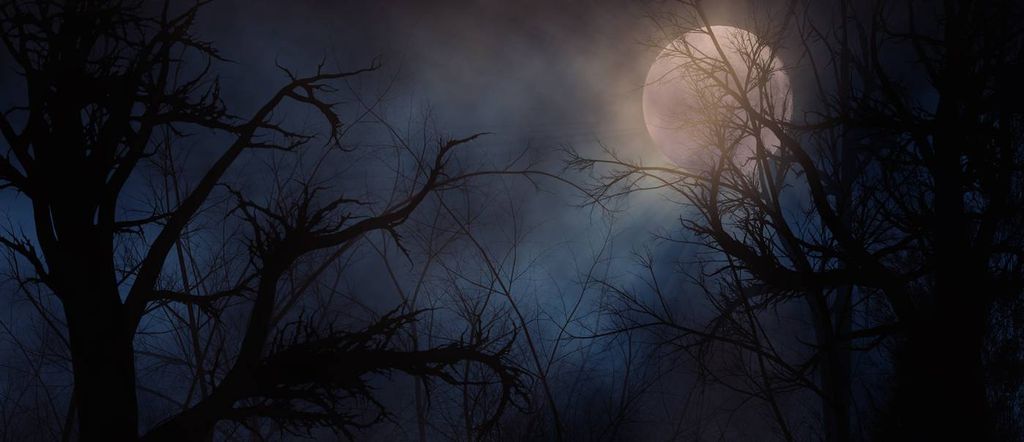
It Was a Dark and Stormy First Line
I’m calling a personal moratorium on books-of-the-night–or, rather, on books that begin at night. That start by periscoping out from the stars, that meditate on the chill of moonlessness, that staccato-beat out variations of dark-deep-black-bleak.
Why is this trope seeing such a resurgence? I thought it sufficiently laid to rest when Edward Bulwer Lytton (you know him: “It was a dark and stormy night”) graduated from a beginning writers’ cautionary tale to become the namesake of a bad writing contest of his very own. It’s cliched, it’s easy, it’s boring to set your scene by musing upon the time-of-day, which is, definitionally, quotidian. We’re beyond this, yes?
But no. Every stack of books I’ve confronted recently has been burdened by offerings that launch themselves by moonlight–or the lack thereof–and promptly lose my attention. Selecting something to read lately has necessitated me tossing aside books, in disgust, that moon over post-dark periods, especially in their first paragraphs. If I’m annoyed by meeting you this way, I presume things aren’t going to get better.
The only book I’ve loved in recent days, She Came From Beyond! , won me over partially because its opening line mentioned a shark, rather than rushing to jump one: “It happened because of the shark, the great white, the first one to survive in captivity.” Thank God for fresh first lines, lines that betray nothing whilst hooking you with their quirkiness and strangeness and yes, their absence of owl hoots and foreboding creaks across the room. He woke with a start: kill me now. The coven converged under a crescent laced by clouds: barf, just barf. She was pulled from dreamland by the susurrations of….no, thanks; next!*
I’ve begun a (scrapped) story or two myself this way, so I suppose I understand the impulse. The Night seems Mysterious, and Foreboding, and Eerie, and sometimes these are sensibilities that we want to convey. But aren’t there more thoughtful ways to do it? Ideas for stories may lurch from the darkness in our consciousness, may start in shadows and need to be chiseled away by the light of our imaginations, but readers are less interested in that process. To the story!; leave the blueprints behind.
Maybe I sound like a curmudgeon, saying this. Maybe I sound weary and impatient and snippish; maybe I am even a little bit some of these things. Maybe no fellow writers will feel compelled to read this as good advice.
Maybe.
But I’ll just leave you with this estimate (having not actually done the math; I’m irritable, not obsessive): Maybe 35% of the novels I’ve picked up recently hit me over the head with how At Night they begin. Too many, really, for the trope to maintain any semblance of originality. Night mentions are earning insta-hate from me right now, but I guarantee that even more patient readers will have seen it before and won’t be impressed.
Let your covens, your nightmares, your chance meetings stand on their own, without the easy atmosphere of the moon and stars and distant noises (or lack thereof) to cushion them. Trust yourself more than to default to the interminable/fading/”enigmatic” dark.
Resign these lines to Lytton, and drag your thoughts into the harsher daylight where they belong.
—
*Intentionally not throwing any writers under the bus–not that there aren’t enough people committing this offense to provide instant anonymity: these (bad) lines are mine.














